On the 15th of January and 13th of February of 2016, the first ever live televised Presidential Debates, were held in Uganda as a precursor to the general elections later in February and March 2016. With funding from the United Nations Development Programme (UNDP), the debates were organised by a tripartite of impartial entities namely: The Elders Forum of Uganda (TEFU); Inter Religious Council of Uganda (IRCU); and the National Consultative Forum (NCF). The debates were a joint platform and balanced space for all Presidential candidates to share their vision and manifestos with the people of Uganda. Seven Presidential candidates attended the first Presidential debate, while the second debate included all the eight Presidential candidates. The debates were a trending topic on social media, with thousands of messages shared in public Facebook sites. Pulse Lab Kampala, in collaboration with UNDP Uganda, has analysed these voices around the debate.

“... a huge step on a path to democracy ...”
“is the debate an electoral commission making! otherwise its neva ...”
“... as foundation of political maturity in the country uganda well ...”

The debates generated heavy discussion on public Facebook public pages. From January to February 2016, around 50,000 messages were shared in public pages by 25,000 unique individuals. Pulse Lab Kampala applied “data mining” to these messages to extract information from them.
Data mining is a methodology to analyse large datasets, extract information from them and transform it into an understandable structure for further use. As a first step on the process, the 50,000 messages were “found” by applying filters to anonymized Facebook messages. The filtering was done using a taxonomy of keywords (‘presidential debate’ or ‘#ugdebate16’ for example).
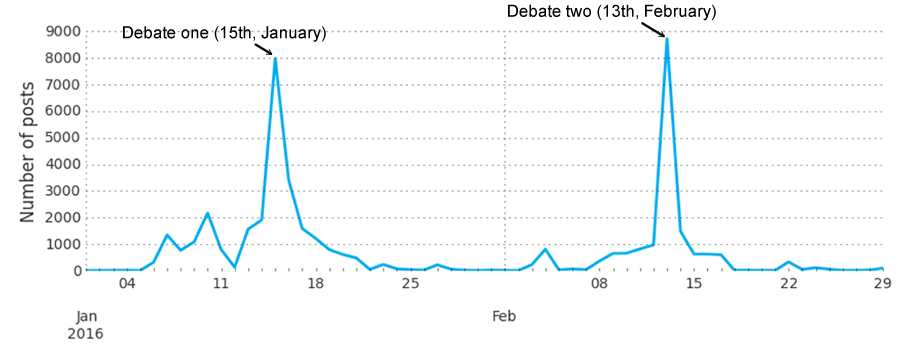 Figure 1. Total volume of discussions on FB around the debates.
Figure 1. Total volume of discussions on FB around the debates.
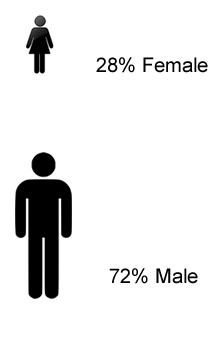
Messages were categorized as "general comments" and "comments specific to topics" to facilitate the analysis. The main topics of conversation found were “candidates”, “moderators”, “organisers” and “outreach”. The visual below shows the breakdown by category and sub-category.
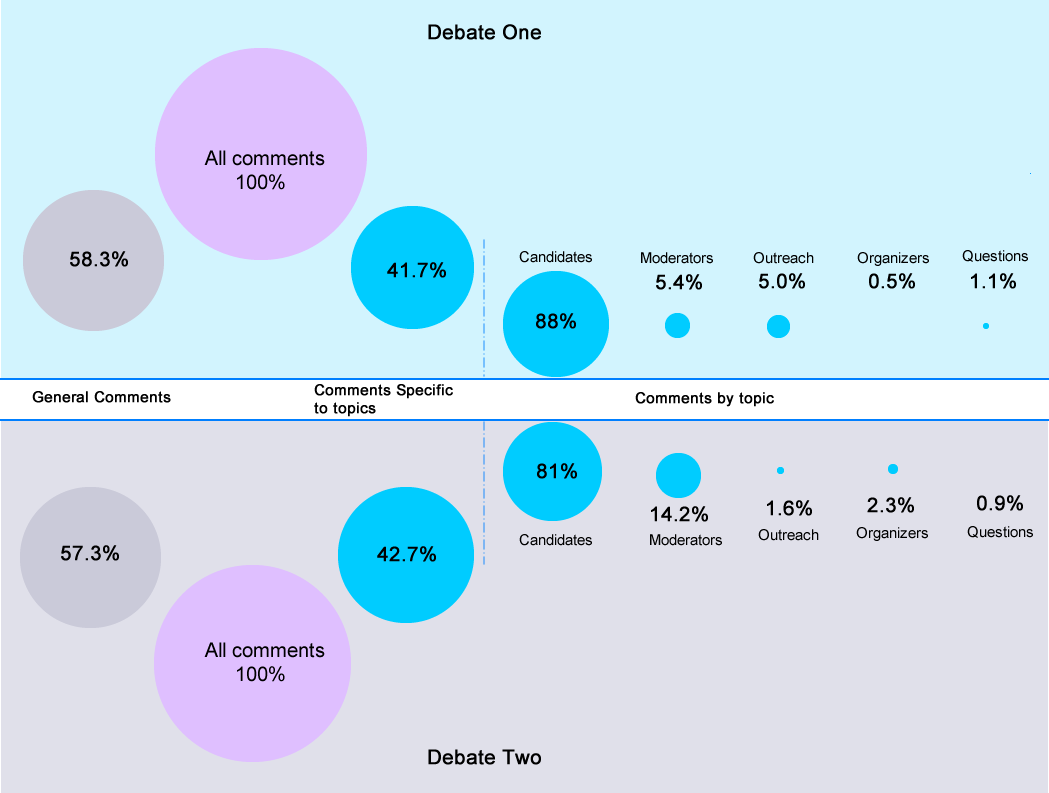
Note: Sample size: debate one - 15,186 comments from 12th – 18th January and debate two: 11,738 comments from 10th – 15th February.
Discussions about the moderators of the debates ranked as the second topic of discussions, with around 10% of comments.
More than 90% of the discussions around the moderators were negative, the public expressed concerns about the choice of moderators, some moderators’ conduct and the way they posed questions.
Conversations about moderators increased on the second debate with most comments expressing that one of the moderators was favoring one of the candidates.
Only about 4% of the comments were to express that the moderators did a good job.
Some people argued that local journalists would be a better choice to moderate the debates.
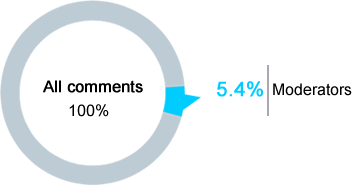
|
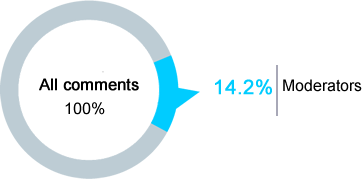
|
Sample Comments
“...... much disappointed with the allan kasujja is handling dr......”
“..... on you nrm secreteriate, shaka z seniour presenter”
“i love allan kasujjas way of posing ...…”
“if nrm doesnt want shaka let them organise their own ..”
“bwanika outweighed besigye, allan kasujja made besigye .....”
“..... handle tough questions from shaka sali m7 fears ........ ”

Comments about the organizers were focused on the choice of moderators, the time and venue for the debate and overall appreciation.
More than 50% of the comments were complaints about:
Bias of the overall debates, the organizers and the moderators to favor one of the candidates.
Delays to start the debates.
Limited time allocated to some candidates during the debates.
About 25% of the comments thanked the organizers for organizing the debates for the first time in Uganda.
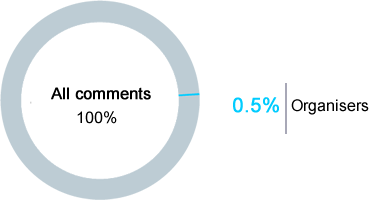
|
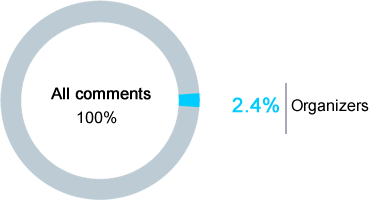
|
Sample Comments
“.....u organizers i dearly thank u 4 keeping .....”
“..... have the debate organizers thought of embracing technology ...”
“..... a change of mind let the organizers call for a press .....”
“..... unfair and unrealistic conditions to the organisers on dr. .....”
“..... very biased since the organizers lost their political .....”
“..... they favoured nrm due 2da conditions they forwarded .... ”

The main topic of conversations around the debates were discussions about the candidates. Around 85% of all relevant discussions analysed fall under this category.
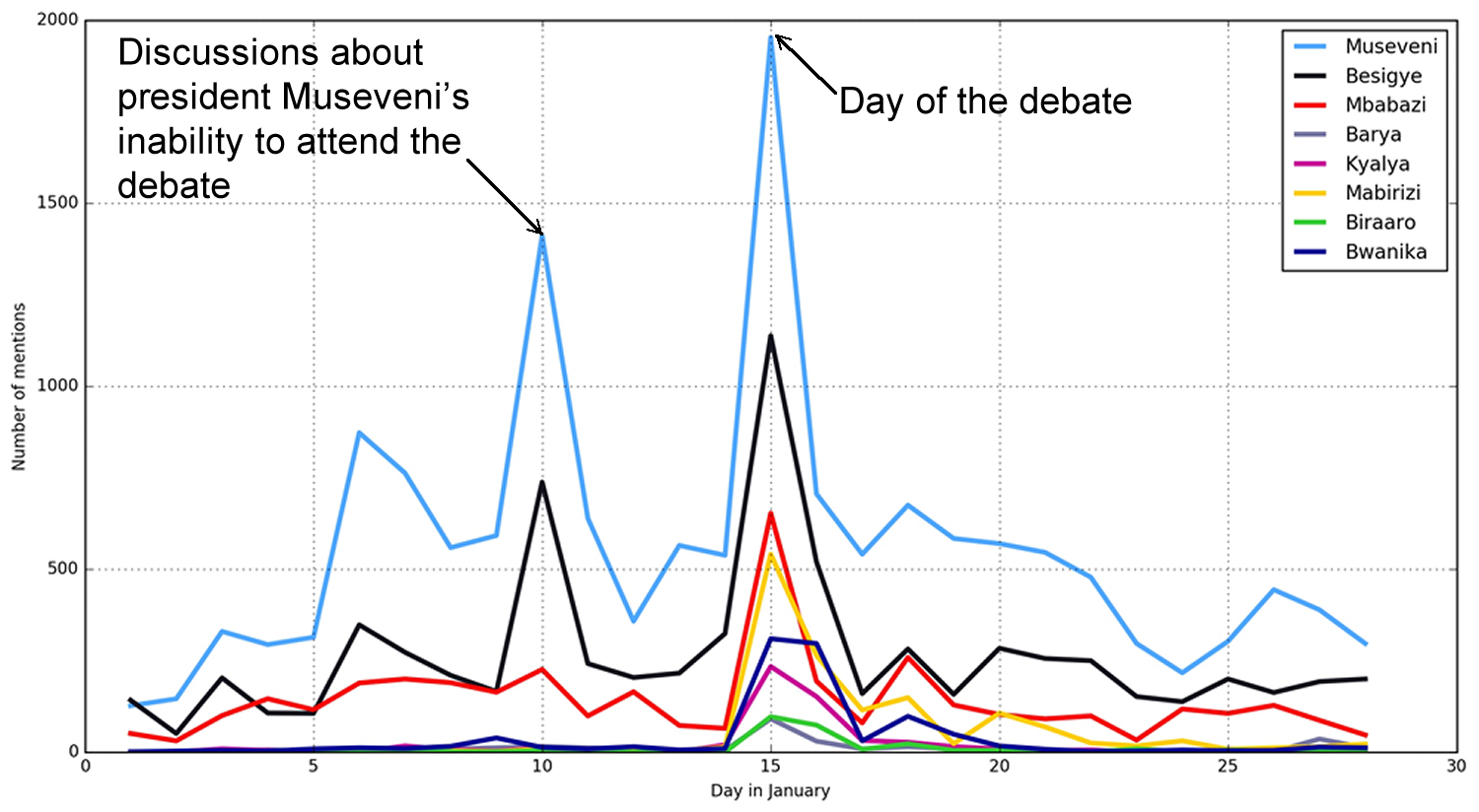
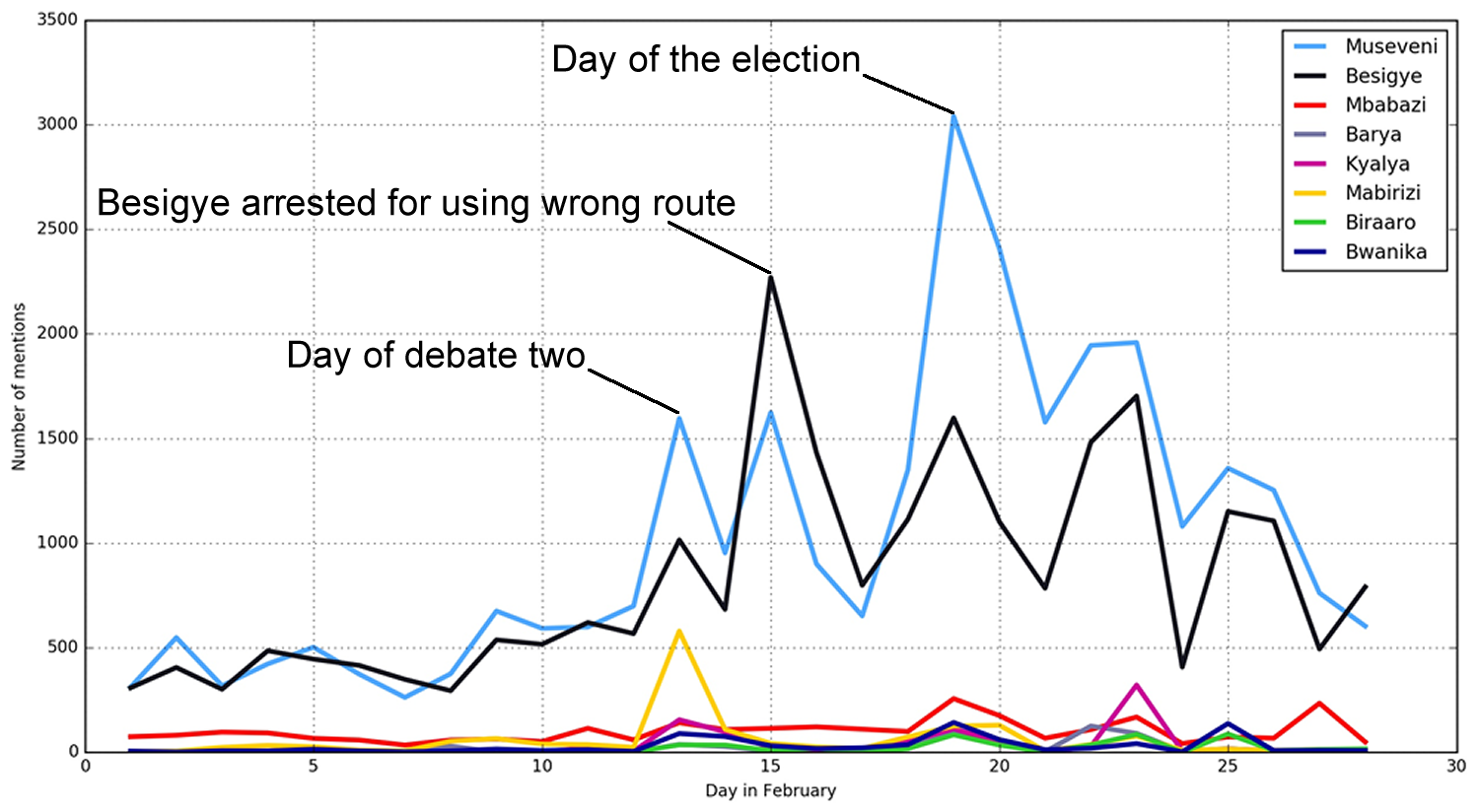
An increased level of conversations around some candidates is noted on the second debate, which could be attributed to the increased visibility of different candidates with the first debate.
There was an important level of discussion about president Museveni’s inability to attend the first debate.
The graphs below show the volume of conversations about candidates around both debates.
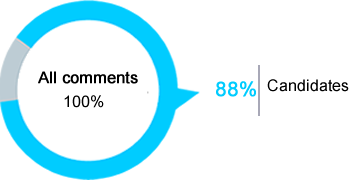
|
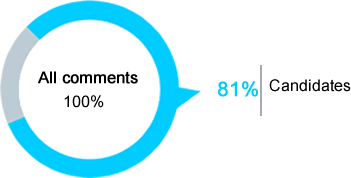
|
While the volume of discussions about the outreach of the debates was low, the opinions expressed provide interesting insights for the organizers of the initiative.
Most people expressed that the debates should be aired on radio as most Ugandans do not have access to a television but do access radio.
The fact that the debates were conducted in English, a language that not all Ugandans understand was heavily discussed.
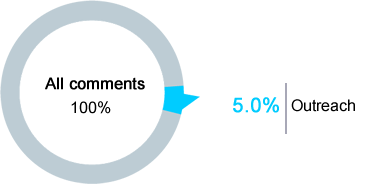
|
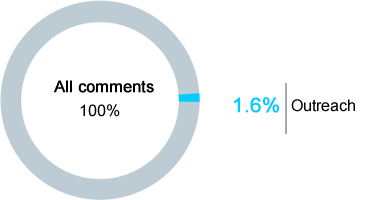
|
Sample Comments
“..... of voters don't understand english. constitution, since 1995, .....”
“..... are too poor to understand english and own a radio or tv or ...”
“..... ua guy m7. u dnt hv to use english to confuse ugandans. Sorry ..…”
“...concetrated and unconcetrated english from our candidates”
“....where the majority do not speak nor undastand english ...”
“...not many ugandans understand english now they are ...... ”

In addition to the key findings extracted from the main categories of analysis, some topics that generated low volume of discussion also provide interesting qualitative insights to people’s opinions.
The organizers should work with the Electoral Commission so that the debates become a regular process on the road to presidential elections in country.
The debate is an important milestone for democracy in Uganda.
To solve the problem caused by uninvited spectators that a project could be placed outside the studio next time. People could also be encouraged to watch the debate from restaurants and bars as it is normally done for soccer.
The public did not know what to expect from the debate.
More time should be allocated for the audience to ask questions.
The studio was poorly lit during the debates and it was difficult to see the candidates clearly.
Sample Comments
“is the debate an electoral commission making! otherwise its neva .....”
“next time the electoral commission should make it mandatory .....”
“what time plz will it be live we wana .....”
“..... debate, which was scheduled to start at 7:00pm has not .....”
“..... be required to respect time allocated to them 4. each .....”
“..... as foundation of political maturity in the country uganda.well .....”

A project involving analysis of people’s voices expressed on public social media forums naturally requires high levels of privacy considerations and protection. Even though the analysis is done public forums, Pulse Lab Kampala takes extra measures to protect the people behind the data and applies strict privacy principles to ensure that individuals are not exposed in a way that is to their disadvantage.
To conduct the analysis, privacy issues were addressed through the privacy and data protection principles set out by UN Global Pulse. These principles are designed to ensure that the data analysed is handled with the utmost protection of the interests of the individuals expressing opinions.
Pulse Lab Kampala is the third lab of the UN Global Pulse network under the leadership of the UN Resident Coordinator. It supports the UN Country Team and the Government of Uganda to achieve the Global Goals for sustainable development. As a regional hub, it leverages data innovation, new sources of digital 'Big Data' and real-time analysis techniques.
Sign up for our monthly data update here.
photo credits: UNDP